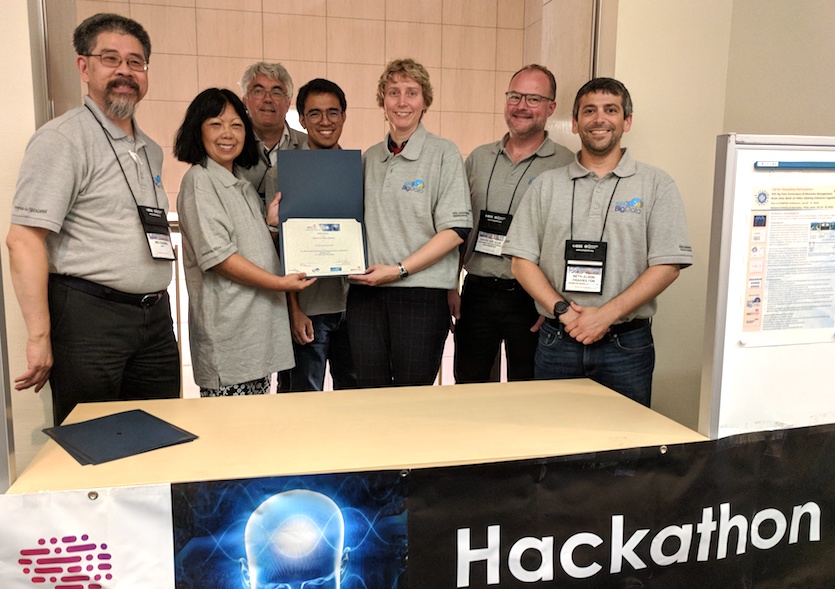By Andrew Taylor, Idaho State University
Idaho State University and Center for Advanced Energy Studies Assistant Professor Leslie Kerby was on the winning team of the IEEE Big Data, IEEE Brain Hackathon at COMPSAC 2018 in Tokyo, Japan.
It was fun to apply my data science skills to a real-world problem, in real-time, and be recognized as doing an excellent job at it, Kerby said.
IEEE is the Institute of Electrical and Electronics Engineers and COMPSAC stands for Computer Society Signature Conference on Computers, Software and Applications. The theme for COMPSAC 2018, held this summer in July, was Staying Smarter in a Smartening World.
Kerby lived true to the theme, competing on a team that included Frederic Andres, with the National Institute of Informatics in Tokyo, and Joey Costoya, senior researcher at Trend Micro Incorporated at National Capital Region, Philippines.
The objective of the Hackathon was to address the Big Data” variety challenges in a smartening world. Big Data is a collection of data that is incredibly large, complex, distributed, and fast-growing. It has been known for unlocking new sources of economic values, providing fresh insights into sciences, and assisting on policy making. However, Big Data is not practically consumable until it can be aggregated and integrated into a manner that a computer system can process, according to the IEEE.
The task for the hackathon was to develop data mashup scheme to cross reference any given datasets and apply statistical analysis, machine learning, and visualization tools to statistically analyze and develop predictive models to draw meaningful results.
For the lay person, the Hackathon competition parameters are hard to comprehend, but Kerby said the contest used 64-channel EEG research data provided by David Ziegler of the University of California San Francisco and Seth Elkin-Franksto, a scientist at Cognitive Systems at Charles River Analytics, Boston. This EEG research data was collected to compare single- and multi-tasking capabilities and the benefits of software video-game training.
I built the python data structures and data analytics that allowed my team to look at several questions for our 5-million-row dataset with columns for the 64 electrodes plus metadata on patient and trial run information, Kerby said.






